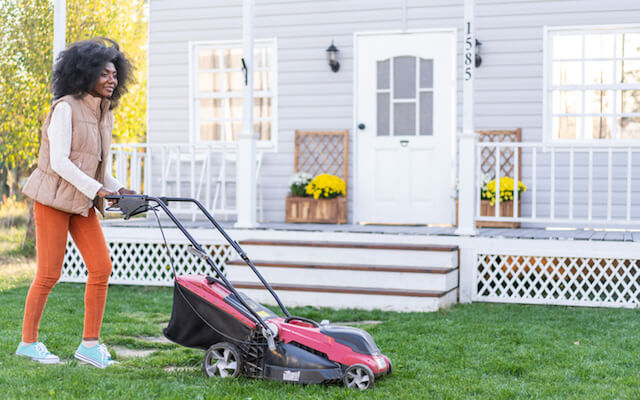Limit hearing loss – it’s crucial for your health. Protect your hearing with these 3 tips.
Pizza is an interesting thing. You can change the toppings, sauces, even the cheeses involved, but as long as it meets a few basic criteria (round, basically), it’s still a pizza. That’s similar to hearing loss. Symptoms and presentations are caused by many different issues – loud noises, genetic factors, age, ear obstructions – but as long as you have difficulty detecting sounds, it’s still hearing loss.
Usually, when you’re confronted with hearing loss (no matter the variety), the first thing you should do is try to limit the damage. There are, after all, some simple steps you can take to protect your ears and limit further hearing loss.
Tip 1: Keep your ears clean
Did you clean behind your ears? It’s one of those early hygiene lessons you learn (or should have learned), right? In terms of hearing health, we’re not concerned with the areas behind your ears, but rather your inner ears.
Keeping your ears free of wax buildups can help your hearing in a number of different ways:
- When wax buildup becomes significant, it can block soundwaves from reaching your inner ear. As a result, your ability to hear becomes diminished.
- Unkempt ears increase your chances of developing an ear infection, which causes inflammation that (when severe enough) interferes with your ability to hear. When your ear infection clears, your normal hearing will usually return (but that’s something you should talk to a doctor about).
- Earwax buildup also interferes with the operation of your hearing aid if you have one. This could make it seem as though your hearing is getting worse.
- Over time, untreated hearing loss affects your brain and your ability to interpret sounds.
If you notice earwax buildup, it’s absolutely not recommended that you dig around in there with a cotton swab. In most cases, a cotton swab will make things worse or cause additional damage. Instead, use over-the-counter ear drops.
Tip 2: Avoid loud noises that could cause hearing loss
This one is so intuitive it almost shouldn’t be on the list. The problem is most people are hard-pressed to define what a “loud noise” actually is. For example, freeway driving can be loud enough to damage your ears over a long period of time. The motor on your lawnmower can be pretty taxing on your ears, as well. As you can see, it’s not just blaring speakers or loud rock concerts that damage your ears.
Some practical ways to avoid damaging noises include:
- Using an app on your phone to alert you when decibel levels reach dangerous thresholds.
- Refraining from turning up the volume on your headphones when you’re watching videos or listening to music. Most phones feature built-in warnings when you’re approaching a dangerous threshold.
- Wearing hearing protection when loud environments are unavoidable. Do you work on a noisy factory floor? Do you really want to attend that rock concert? That’s cool. Just wear the necessary hearing protection. Modern earmuffs and earplugs provide ample protection.
The damage to your ears from loud noises will build up slowly. So, even if your hearing “feels” fine after a noisy event, that doesn’t mean it is. Only a hearing specialist can give your ears a clean bill of health.
Tip 3: Treat any hearing loss you may have
Generally speaking, hearing loss is cumulative. So, the earlier you catch the damage, the better you’ll be able to prevent further damage. That’s why treatment is incredibly important when it comes to limiting hearing loss. Effective treatments (on which you follow through) will leave your hearing in the best possible condition.
Here’s how treatments work:
- Hearing aids can prevent some, but not all, damage. For example, hearing aids will prevent you from turning your television volume up so loud it harms your ears. Because hearing aids prevent this damage, they can also prevent further deterioration of your hearing.
- The hearing specialist treating your hearing loss will provide personalized instructions and advice to help you avoid further damage to your ears.
- Hearing aids prevent the brain strain and social isolation that exacerbate hearing loss-related health problems.
Limit hearing loss – it will benefit you in the long run
While it’s true that hearing loss can’t be cured, hearing specialists are working hard to limit further damage to your ears. In many instances, hearing loss treatment is one of the primary ways to accomplish that. The appropriate treatment will help you preserve your current level of hearing and prevent it from getting worse.
When you wear hearing protection, practice good hygiene, and pursue hearing loss treatment with a hearing specialist, you’re taking the proper steps to limit hearing loss while also giving yourself the best opportunity for healthy hearing in the years to come.


